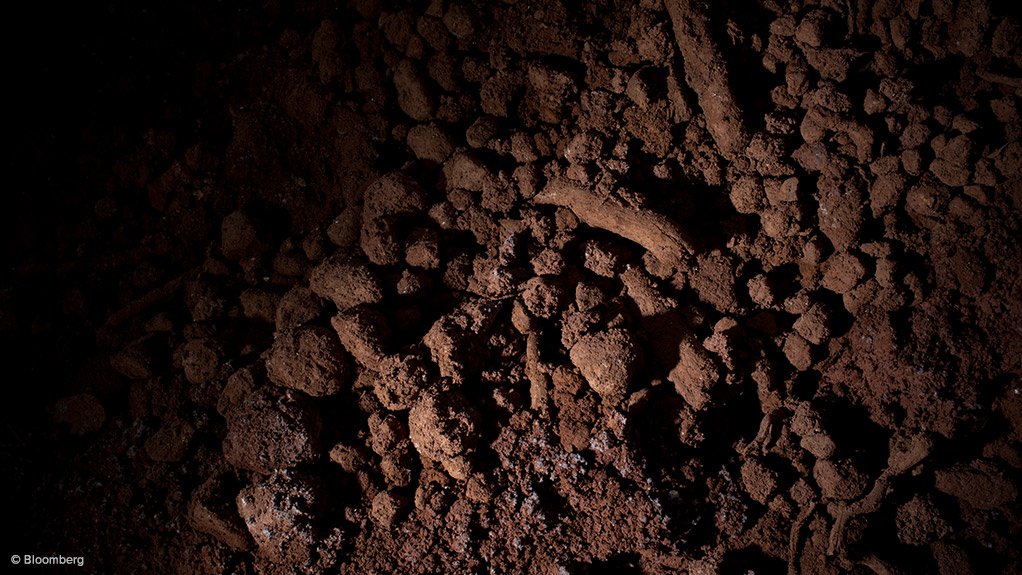
Photo by: Bloombeg
PERTH (miningweekly.com) – A prefeasibility study (PFS) into an expanded production scenario at the planned Bauxite Hills mine, in Queensland, has delivered significant benefits, owner Metro Mining said on Wednesday.
A 2015 definitive feasibility study into the Bauxite Hills mine estimated that the project could deliver about two-million tonnes a year of direct shipping ore (DSO) product, for an estimated capital cost of A$33.9-million.
Based on that production scenario, the project would have a mine life of at least 25 years. The net present value (NPV) was estimated at A$235-million and the internal rate of return (IRR) at 148%.
However, the expanded PFS considered doubling the bauxite production at Bauxite Hills to four-million tonnes a year.
Increased plant and equipment use would be achieved by moving to a 24-hour operation, delivering significant economics of scale for little additional expenditure, Metro said, adding that the equipment fleet would only require minor upgrades to conveyors to comfortably deliver on the increased output.
The PFS estimated that the project would have a 13-year mine life, with an after-tax NPV of A$582-million and an IRR of 156%. Capital costs estimates for the expanded project have increased marginally to A$40.1-million.
The expanded project was expected to generate earnings before interest, tax, depreciation and amortisation of A$133.6-million over the life of the mine.
Metro told shareholders that there was potential to increase the projected 13-year mine life through using the 11.7-million-tonne indicated DSO bauxite resource at the nearby BH2 deposit, as well as from further exploration success.
Meanwhile, the company noted that while the PFS had been based on a four-million-tonne-a-year production scenario, Metro had taken the opportunity to seek approval for production of up to five-million tonnes a year in its environmental impact statement (EIS) application, submitted in December last year.
The company expected that the full EIS process for Bauxite Hills would be completed in the fourth quarter of this year.